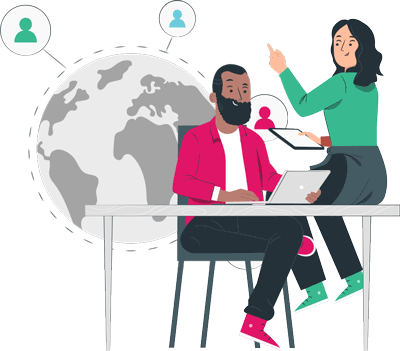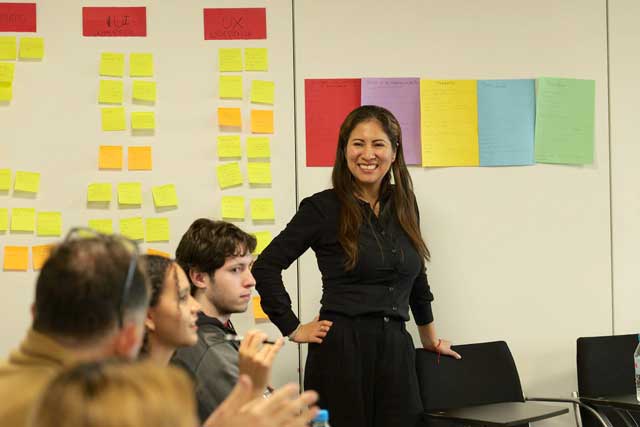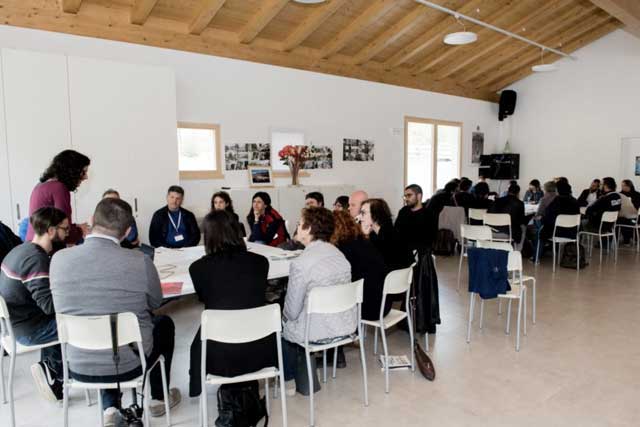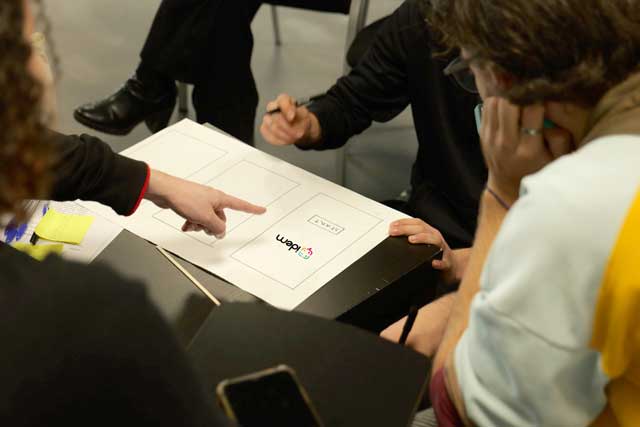Innovative and Inclusive Democratic Spaces for Deliberation and Participation
We're a Horizon Europe project developing AI tools to make information more accessible for everyone.
iDEM language tools aim to support people with disabilities, older people and migrants in democratic processes by addressing the language barriers which present an obstacle to their participation.

iDEM project will provide...
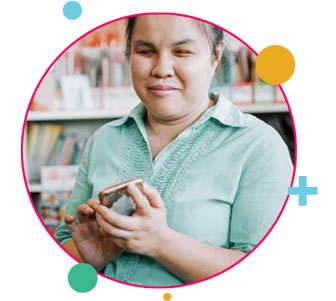
Analysis of language complexity barriers in participatory democratic spaces, to identify users' needs and the reasons behind their difficulties in understanding information on public matters.

Artificial Intelligence tools that simplify and make information more understandable to participate in democratic debates. These tools are aimed at people with language comprehension difficulties or intellectual disabilities.

Develop and implement four use cases in different languages, with a deliberative approach and gender perspective, engaging groups who experience exclusion from democratic processes or spaces, due to language barriers related to the complexity of policy language.
Discover the use cases
In order to develop the new democratic spaces, four use cases will be co-created and carried out in four cities with our partner organisations working alongside user groups rights, NGOs and government institutions committed to democracy and human rights.
News

iDEM Expert: Understanding Democracy
03/09/2025

iDEM at the UN COSP18
16/06/2025

iDEM meeting in Leeds University
14/05/2025
Discover our partners
The iDEM consortium is composed of research institutions, experts in text simplification, user organisations, citizens’ representatives, non-profit organisations and software developers who complement each other and form an interdisciplinary team from six EU countries (Austria, Germany, Ireland, Italy, Malta and Spain) and one non-EU country (UK). The intersectional and international background of the iDEM consortium, under the coordination of Pompeu Fabra University, ensures the project’s capability to achieve its objectives.
Subscribe to our newsletter!
Stay up to date on iDEM’s latest news and events by subscribing to our newsletter! You’ll receive a few newsletters a year on our iDEM project, accessibility, and democratic participation, join us!
